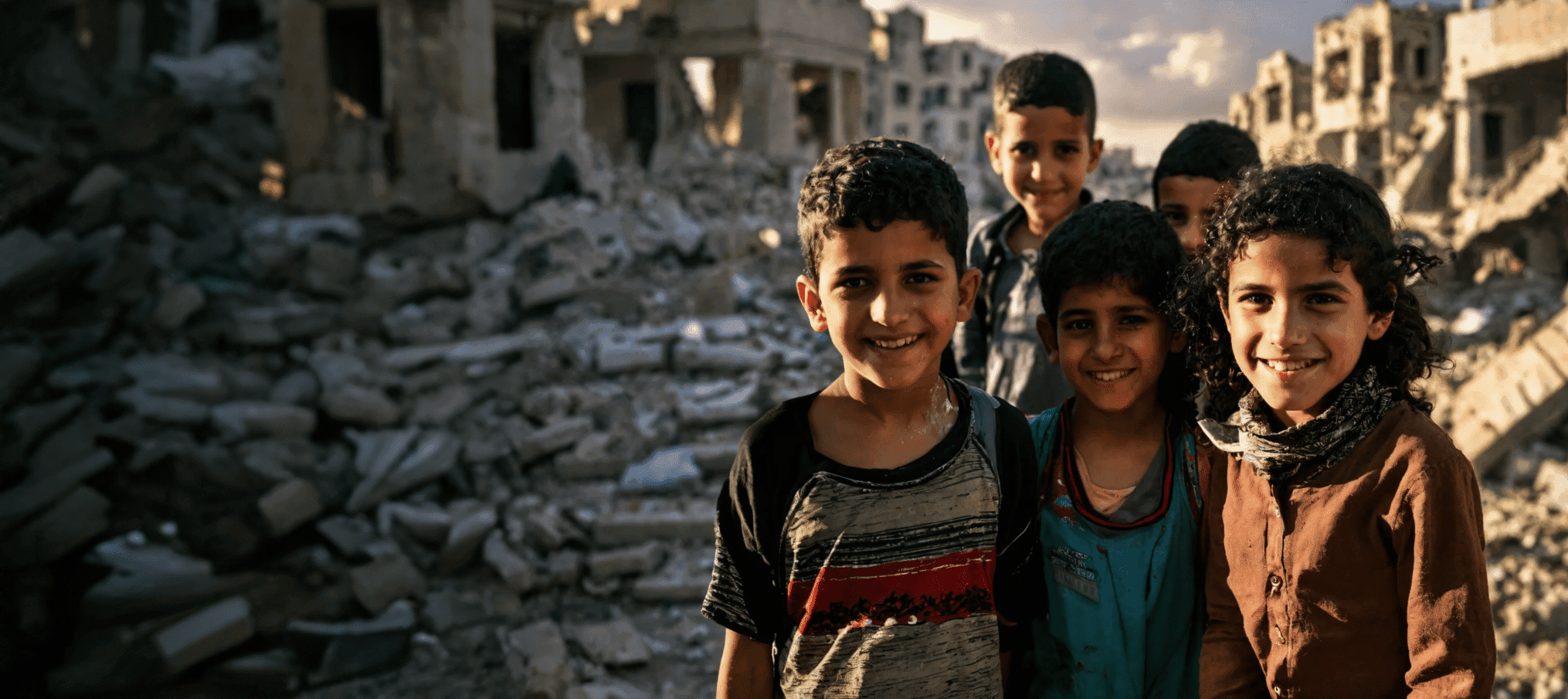For UK tax payers
For tax payers from the United Kingdom, we can claim Gift Aid* on your donation.
Click on the button below to make your donation, and don’t forget to flag “Yes, I want Pro Terra Sancta to claim Gift Aid on my donations”!

*Gift Aid allows us to reclaim tax on donations you have made to Pro Terra Sancta. That means for every donation you have donated, the government will give us an extra 25% at no extra cost to you.
For USA tax payers
If you wish to donate a minimum of $500 (with possibility of tax deduction) please contact
info@proterrasancta.org BEFORE making the donation.















